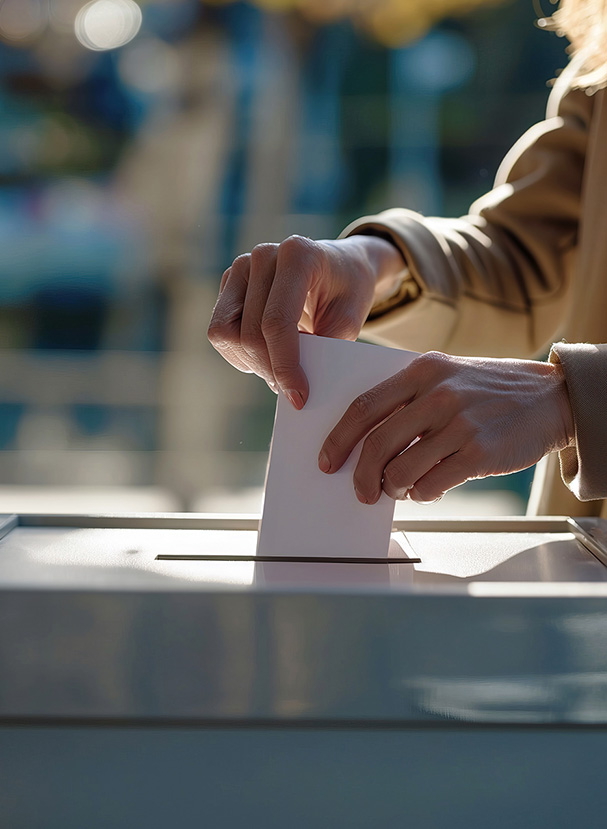Evacuations from High-Risk Locations Call +44 (0)1202 308810 or Contact Us →

Bangladesh is Set to Contest General Election on 30 December
21 Nov 2018
Bangladesh is set to contest their general election on 30 December following the decision by the Bangladesh Electoral Commission to defer the date by a week, allowing more time for the main opposition parties to prepare for the polls.The 2014 election was marred by violent clashes throughout the country after the main opposition boycotted the vote over allegations of fraud and corruption.Unrest is likely in urban centres in the coming weeks leading to localised clashes between political supporters and security forces.Travellers in Bangladesh should stay up to date with local news sources and avoid all protests due to the risk of violence.
KEY POINTS
- Bangladesh is set to contest their general election on 30 December following the decision by the Bangladesh Electoral Commission to defer the date by a week, allowing more time for the main opposition parties to prepare for the polls.
- The 2014 election was marred by violent clashes throughout the country after the main opposition boycotted the vote over allegations of fraud and corruption.
- Unrest is likely in urban centres in the coming weeks leading to localised clashes between political supporters and security forces. Travellers in Bangladesh should stay up to date with local news sources and avoid all protests due to the risk of violence.
SOLACE GLOBAL COMMENT
The main opposition group, the Bangladesh Nationalist Party (BNP), boycotted parliamentary elections in 2014 following a change in regulations that allowed the ruling Awami League to remain in power during the election cycle. In previous election cycles parliament has been dissolved and a special cabinet is appointed to oversee parliamentary duties. The BNP withdrew from the election process over the alleged corruption and fraud in the ruling Awami League and fears they would use their position within government to influence the results of the up and coming election. Several other opposition parties joined them meaning that the 2014 elections were largely uncontested with only 144 out of the 300 parliamentary seats having more than one candidate.
Supporters of the main opposition groups accused the government of diminishing the democratic process and called for widespread demonstrations. Twenty-one people were killed on polling day following clashes between opposition group supporters and the security forces leading to further protests throughout the country and widespread clashes between political opponents. The military were subsequently deployed, and curfews were imposed on several neighbourhoods in an effort to quell the unrest. Following the widespread unrest, several opposition leaders were subsequently arrested and imprisoned for their involvement in mobilising support for the countrywide demonstrations.
The political situation in Bangladesh has remained tense since 2014, with the 2018 election identified as a potential flashpoint for a further deterioration in the security environment. However, the subsequent involvement of the main opposition groups highlights that, at present, parliamentary seats will be contested by multiple politicians, leading to a more transparent and fair political process. There remains a risk that opposition parties will still boycott the elections if further requests to dissolve the parliament are not met.